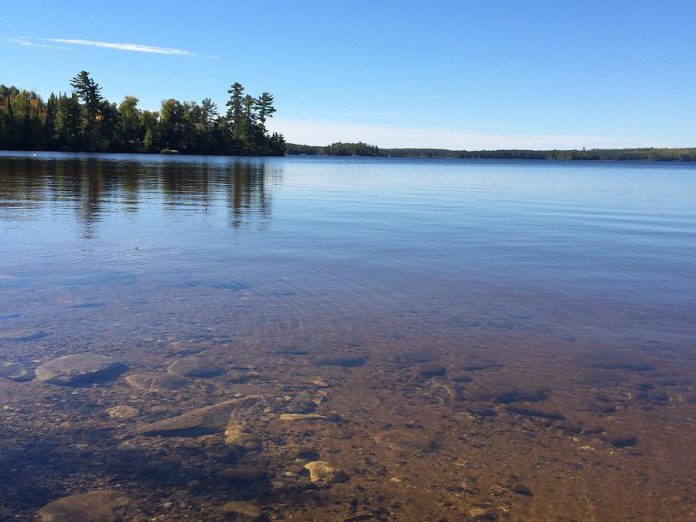
This is the second article in a three-part series about a community project to advance the United Nations’ Sustainable Development Goals in Peterborough and the Kawarthas. Read part one.
In 2015, 193 countries officially adopted the United Nations’ historic 2030 Agenda for Sustainable Development, an ambitious plan to “free the human race from the tyranny of poverty and want, and to heal and secure our planet”. Agenda 2030 is a framework of 17 interconnected goals known as the sustainable development goals (or the SDGs, for short) that communities, like ours in Nogojiwanong/Peterborough, adapt for use in the local context.
While equity is acknowledged as necessary to achieving all of the SDGs, the local community coalition recognized this means reckoning with the injustices facing Indigenous and racialized people, people with disabilities, women and gender diverse people, and others. As a result, we forged the Indigenous Leadership Action Team to address this gap in the SDG strategy.
The action team, made up of representatives from the traditional territory of the Michi Saagiig peoples (part of the land covered by Treaty #20), is guiding the Nogojiwanong/Peterborough SDG project to ensure Indigenous knowledge and experience remains central to the initiative.
To provide insight on what this means, we spoke with leading members of the action team. Below are excerpts from an interview with elder advisor Phyllis Williams and project consultants Anne Taylor and Gary Pritchard Jr., who are all members of Curve Lake First Nation, Michi Saagiig (Mississauga) Anishinaabek. We are grateful for the wisdom they have shared.
We first asked the interviewees why an Indigenous leadership approach to the SDGs is vital.
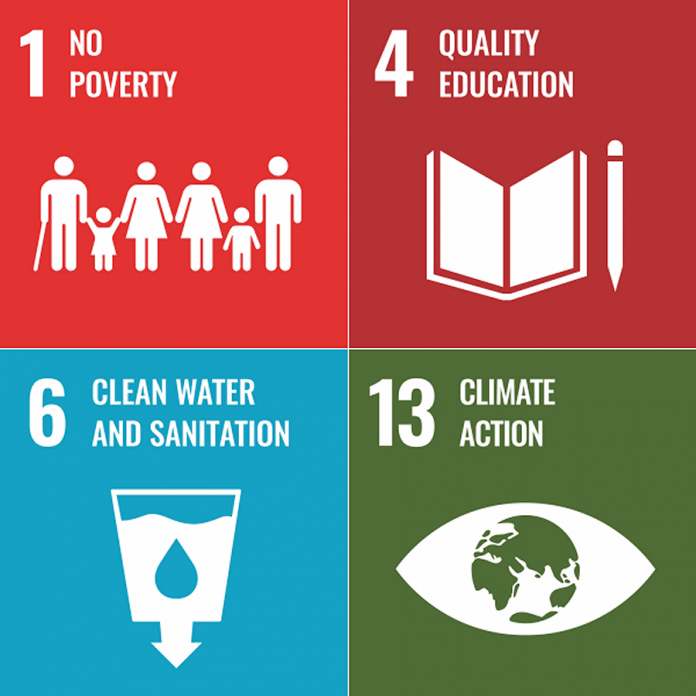
“This work is so important because it gives us a channel to relay our feelings, observations, and experiences to those that can change things,” elder Phyllis Williams explained. “They may not be politicians or high-profile people, but we can ignite the thoughts of those ones with the ability to press upon various audiences. I have much hope for that to happen.”
“I think this work is important because it sets the table for creating ethical space for Indigenous people,” says Gary Pritchard Jr., an environmental consultant who works with clients to integrate Indigenous knowledge systems into projects through meaningful and respectful relationship building.
“I don’t think we can have any forward movement on the SDGs without Indigenous voices that are so connected to the Earth, especially the ones who are out on the land,” said Anishinaabe educator Anne Taylor.
“Their voices are necessary because, when it comes to climate change, food security, education, it’s all connected to our connection and our ancestor’s connection with the Earth. We have been standing up for the water, for the land, and for the air, and standing between what’s harming us. That’s our responsibility and we’ve been doing it for thousands of years.”
The Indigenous Leadership Action Team members also identified some of their hopes for this work.
Taylor noted she hopes more people will begin “to recognize the value of our intelligence, and our methods of teaching and of passing on knowledge.”
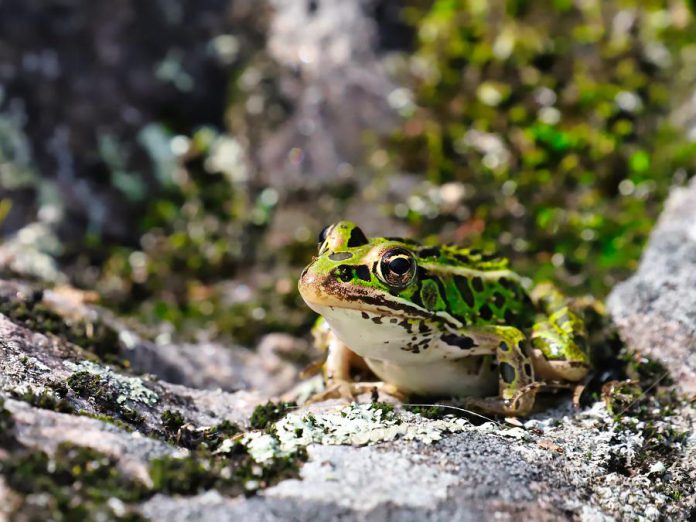
“That knowledge has been passed down for thousands of years,” Taylor added. “We’re sharing the knowledge and voices of our ancestors when we learn from those ones that still spend so much time on the land.”
“I think Indigenous leadership is a big piece of the whole in solving the question of how we progress towards Canada meaningfully building and reconciling with Indigenous people,” Pritchard Jr. said. “I say Canada needs to reconcile with the environment, too, because of the damage they do.”
“It’s been amazing and complementary that we’ve been able to record our feelings, our experiences, and the knowledge we’ve gained,” Taylor said. “I have much hope and promise in the power of that.”
“We need to do this work now for the sake of those little ones that will come along behind us. Because they haven’t experienced the rich, beautiful, and peaceful environment that was here before, when Mother Earth wasn’t so damaged and impacted.”
In closing, we asked the group what barriers they see to centring Indigenous leadership.
“The challenge is getting the greater population — that larger society — to not just recognize what we’re doing, but to hear what we’re saying,” Taylor said. “I always think in terms of being aware, recognizing, understanding, and acting. Those are the four things that I try to bring into my life when I’m talking about anything to do with the Earth and our place in it.”
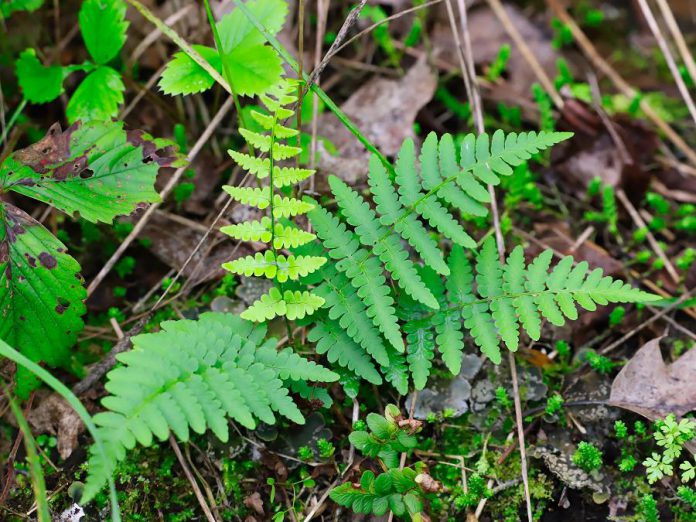
“I believe the challenge of this work will be to attract those that have the ability to cause the actions that were referenced,” Williams said. “It’s important that we impress this work upon the politicians and leaders — especially in these times — because we have so many other priorities and challenges before us.”
“This work is not done for us. This is a project with an end that only begins our discussion,” she added. “I do strongly believe that there will be more work ahead of us.”
This conversation will continue at the “Leaving No One Behind: Advancing the SDGs in Nogojiwanong/Peterborough” forum on February 24th and 25th. Please join us at this free virtual event to share and advance the local SDG project by registering at advancingthesdgscommunityforum.eventbrite.com.
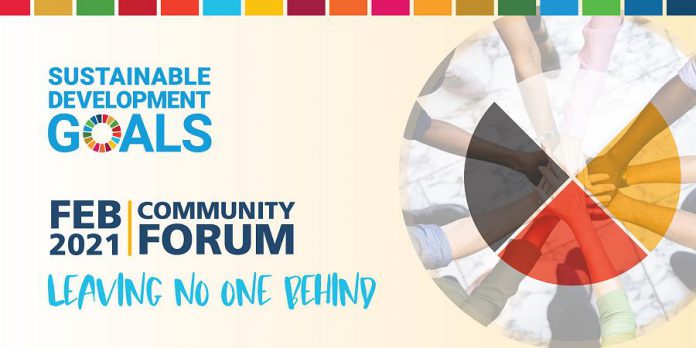
This important project would not have been possible without Canada’s Sustainable Development Goals Funding Program and generous community participation.


























